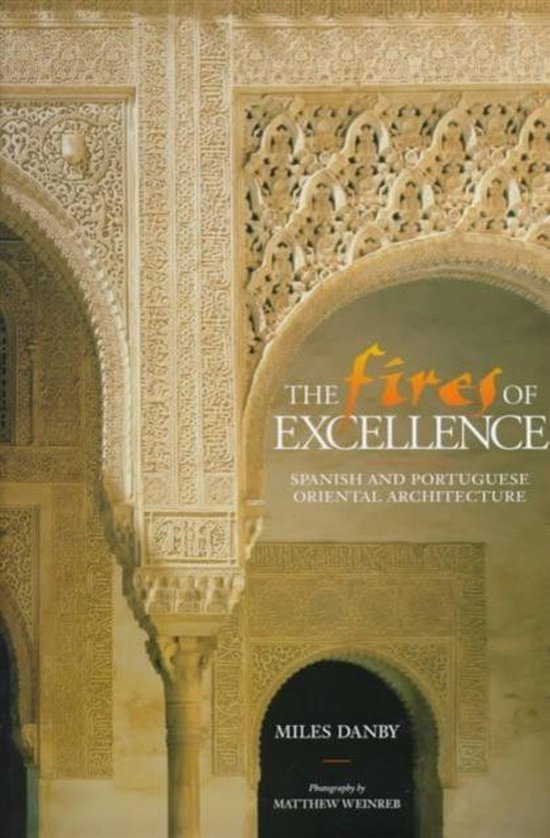De Boeken van Wouter
The Fires of Excellence
The Fires of Excellence
Couldn't load pickup availability
Verzending is beschikbaar op maandag en vrijdag
Meestal verzonden binnen 1–4 dagen na bestelling
4 boeken kopen = 3 betalen
Gratis verzending vanaf €25
Titel: The Fires of Excellence
Schrijver: Miles Danby
Bindingswijze: Hardcover
EAN: 9781859640876
Conditie: Goed
Let op: Hieronder staat een algemene beschrijving van hoe wij onze conditietypes classificeren. Als u een nauwkeuriger beeld wilt of specifieke vragen heeft, stuur ons dan een bericht en we kijken het graag voor u na.
Conditie-omschrijvingen:
- Als Nieuw: Nauwelijks gebruikssporen, bijna als nieuw.
- Goed: Kan lichte gebruikssporen vertonen, zoals wat verkleuring of een naam op de schutbladen, maar doorgaans geen onderstrepingen of aantekeningen in de tekst.
- Redelijk: Boek in redelijke staat. Kan gebruikssporen vertonen, zoals verkleuring, leesvouwen in de rug, onderstrepingen, aantekeningen, lichte vervuiling aan de randen, ezelsoren of een kromme rug.
- Nieuw: Boek is nieuw.
Beschrijving:
The oriental influence in Spain and Portugal has left a legacy of extraordinary architecture, celebrated by scholars, poets and artists. In this illustrated book, Miles Danby reveals the multi-layered cultural interactions which took place, and which have in turn provided inspiration for architects through the centuries and around the world. After the collapse of the Roman Empire, the Visigoths conquered the Iberian peninsula, bringing new ideas of architectural form from the eastern Mediterranean. More powerful and pervasive influences arrived with the Muslim invaders in AD 711 and the peninsula was to remain wholly or partly under Islamic rule until 1492. Expansion of the Christian kingdoms in the north led to a decline in Muslim political power, but Alfonso the Wise maintained his court at Toledo in a spirit of tolerance, with Christians, Muslims and Jews all contributing to its rich and sophisticated arts and architecture. The final flowering of the oriental style occurred in the mid-fourteenth century, when a Christian king in Seville, Pedro the Cruel, and Ibn Nasr, the Muslim ruler of Granada, used many of the same skilled craftsmen to build their palaces. The magnificent buildings described range in character from the Nasrid palace of the Alhambra and the Umayyad mosque at Cordoba, to the Mudejar cathedral of Teruel, or the Manueline Palacio Nacional at Sintra. Nineteenth- and twentieth-century legacies include Antoni Gaudi's work and the Modernismo movement in Spain, and the neo-Mudejar style used in the construction of stations and bull-rings. The author describes their aesthetic and structural techniques in detail, with clear and precise language. Specially commissioned colour photographs fully illustrate the buildings.
Share

